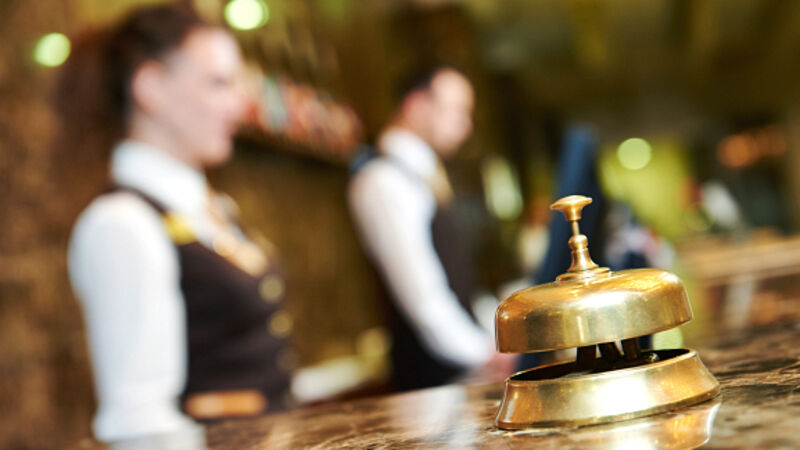Tax rise warning for hotels ‘milking’ guests with high room charges

Hotels “milking” customers with high room charges face losing their entitlement to a special low Vat rate, Tourism Minister Shane Ross has warned.
A tiered system is being considered which could see bigger, more profitable hotels slapped with larger Vat rates if budget changes are agreed by the Government.













